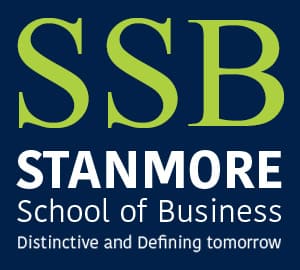From Classroom to Career: Professional Certificate in Sustainable Fisheries Management in the UK
Published on June 25, 2025
About this Podcast
HOST: Welcome to the podcast, today we have a special guest who will be discussing the Professional Certificate in Sustainable Fisheries Management in the UK. Can you tell us a bit about the course and what it entails? GUEST: Absolutely, the course is designed to equip professionals and individuals with the practical skills and theoretical knowledge needed to address the complex challenges facing the fishing industry. It combines online learning and industry engagement to provide a comprehensive understanding of sustainable fisheries management principles and practices. HOST: That sounds fascinating. Can you share any personal experiences or insights related to the course topic? GUEST: Sure, I've seen firsthand the importance of sustainable fisheries management in maintaining healthy oceans and ensuring the long-term viability of the fishing industry. It's a critical aspect of conservation and economic development, and the course provides a solid foundation for those looking to make a difference in this field. HOST: What current industry trends are relevant to the course? GUEST: There's a growing emphasis on sustainable practices and traceability in the fishing industry. Consumers are becoming more conscious of the environmental impact of their seafood choices, and there's a growing demand for sustainable and ethically sourced products. The course covers these topics and more, providing learners with the tools they need to succeed in this evolving industry. HOST: That's really interesting. What challenges have you faced in the field or while teaching this subject? GUEST: One challenge is the complexity of the subject matter. Sustainable fisheries management involves a range of scientific, economic, and social factors, and it can be challenging to distill this information into a manageable and engaging format. However, the course is designed to address this challenge by providing a clear and concise overview of the key concepts and principles. HOST: Where do you see the future of sustainable fisheries management heading? GUEST: I believe that sustainable fisheries management will become even more critical in the coming years, as the demand for seafood continues to grow and the impacts of climate change become more pronounced. The course is well-positioned to prepare learners for the challenges and opportunities in this field, and I'm excited to see the positive impact that our graduates will have on the industry. HOST: Thank you for sharing your insights and experiences with us today. I'm sure our listeners have learned a lot about the Professional Certificate in Sustainable Fisheries Management in the UK. GUEST: It was my pleasure, thank you for having me. I encourage anyone interested in this field to explore the program further and take the first step towards a rewarding career in sustainable fisheries management.
